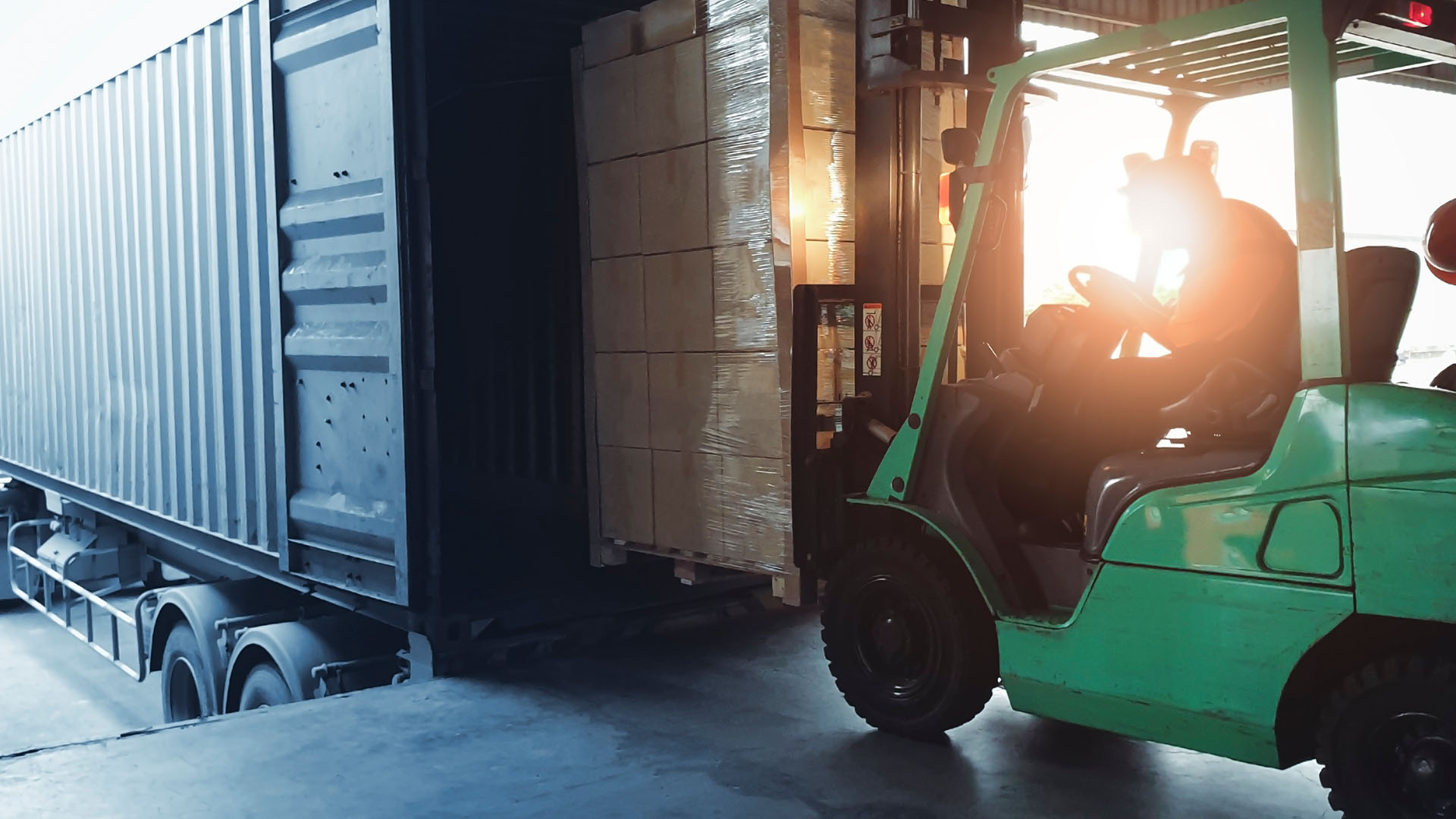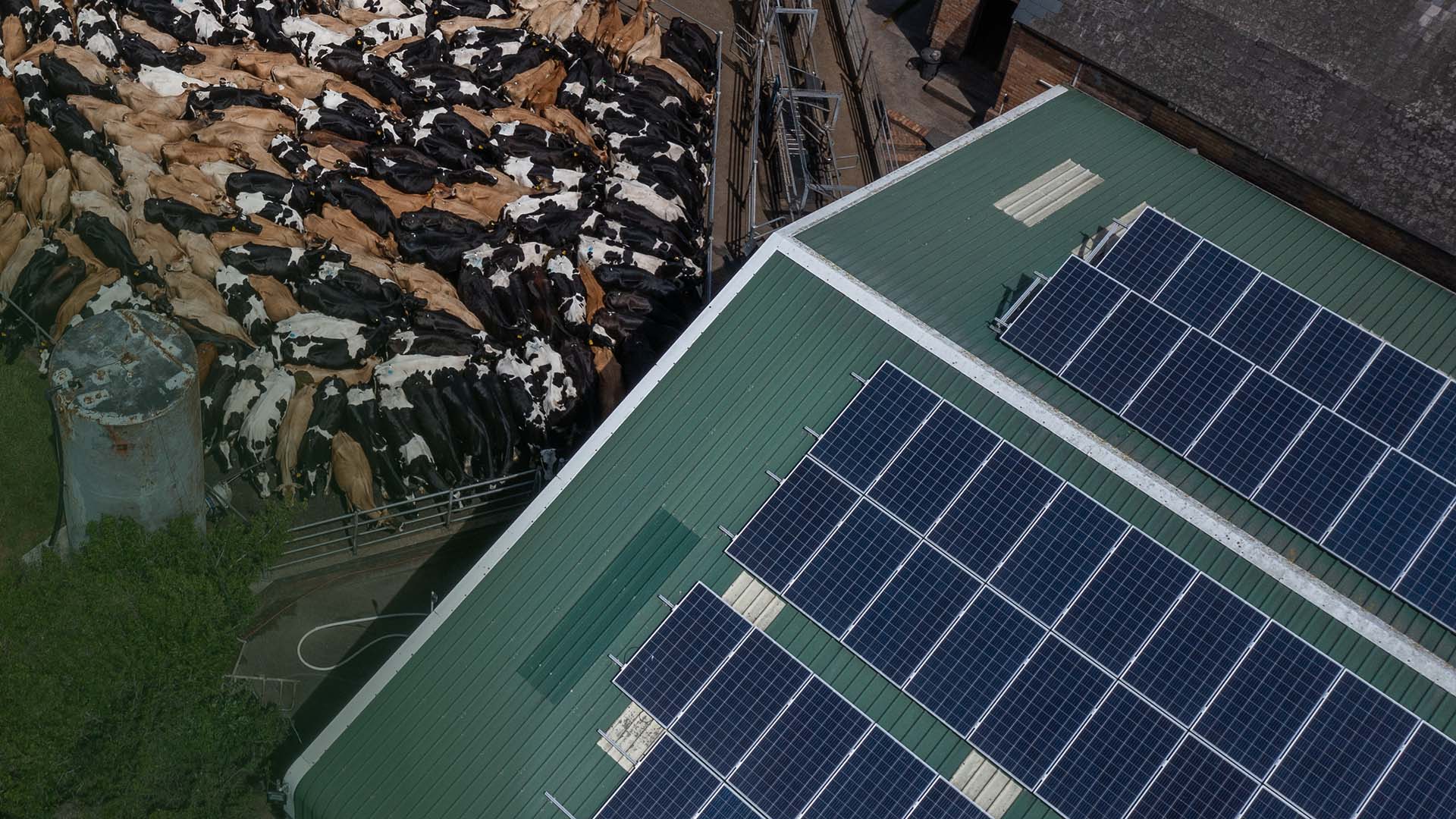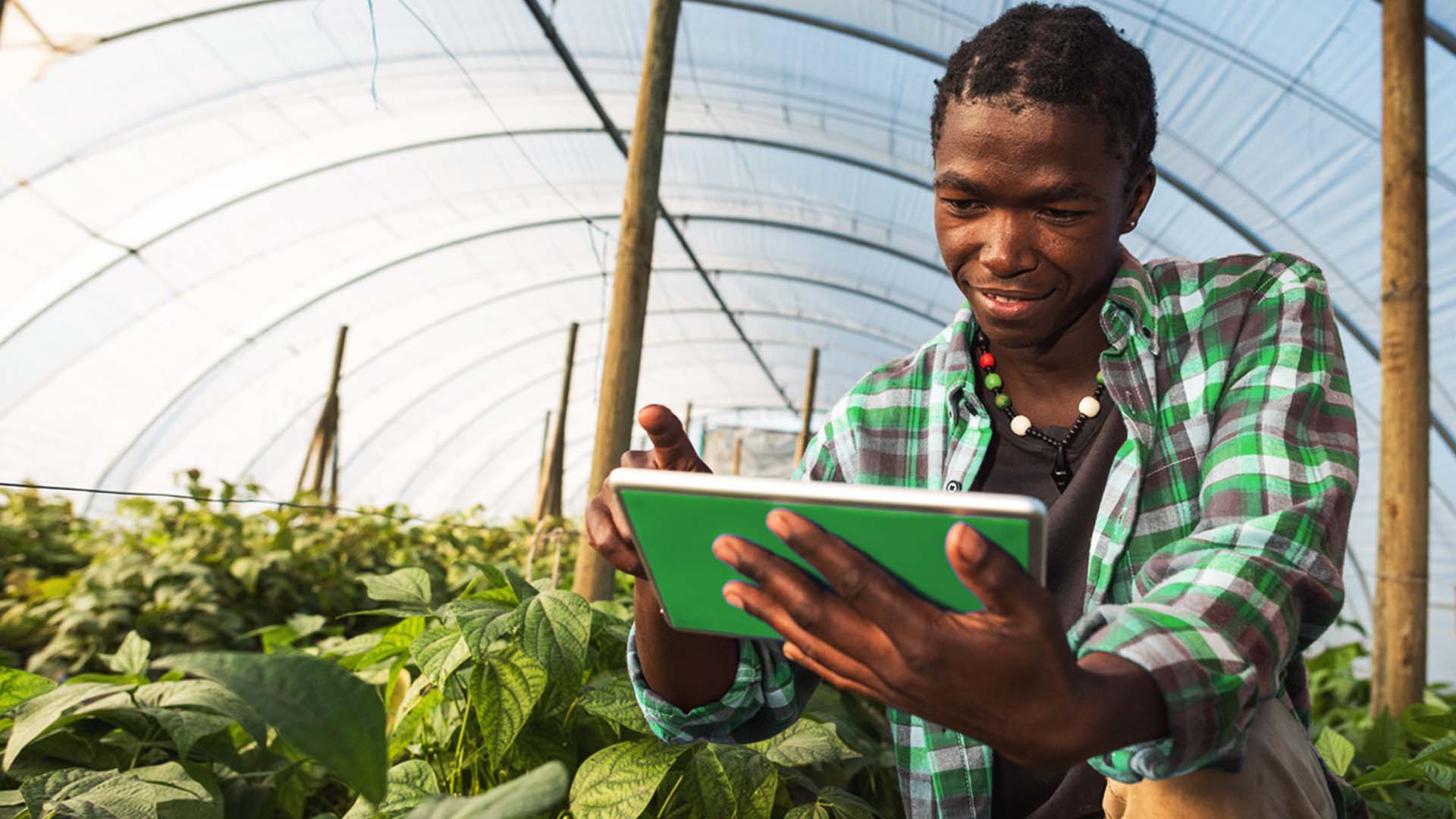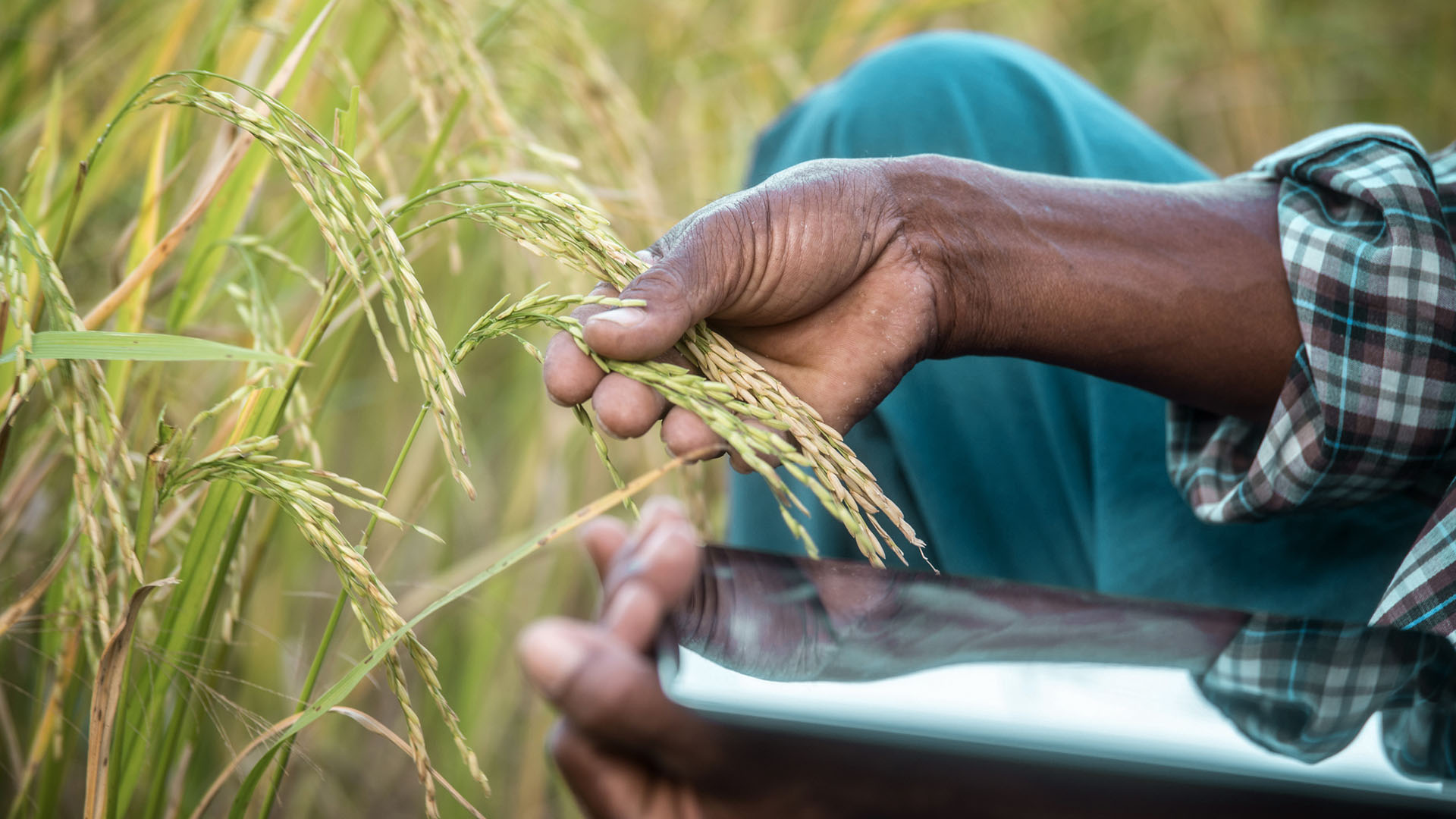The global population is expected to increase to 9 billion by 2050. To meet the demand for that many people, food production will need to increase by 70%. But given the many challenges the agricultural sector faces, including climate change and increasing production costs, it is becoming difficult for farmers to maintain or increase their production year after year.
In South Africa, access to reliable and affordable power is further aggravating the situation, resulting in farmers switching to alternative power sources. Solar energy and other renewable sources like wind, bio-fuels and hydropower enable farmers and agribusinesses to continue operating when there are interruptions due to load-shedding or cable theft, making sure that productivity is not affected. The effect that load-shedding or power cuts can have on a farming operation – especially those that depend on electricity for their irrigation, pack-house cooling systems and abattoir cool rooms – can be severe for the business as well as the economy.
Committing to sustainable development goals in agriculture and energy
John Hudson, National Head of Agriculture for Nedbank, says that Nedbank is committed to developing solutions that will ensure the sustainability of the agricultural sector. Our leadership position in renewable-energy finance is helping many farmers and agribusinesses benefit by generating more cost-effective and cleaner power than the national grid can provide.
‘The global Sustainable Development Goals (SDGs) have been developed as the blueprint for achieving a better and more sustainable future for all. Nedbank has prioritised 9 of the 17 global SDGs, as these potentially entail banking solutions and guide our sustainable-development activities,’ he says.
A recent innovation financed by Nedbank is South Africa's first commercial floating solar farm, installed by one of our clients at one of the oldest farming operations in the country: Boplaas, near Franschhoek in Western Cape. The owners started investigating renewable-energy projects in 2018 because of the rising cost of electricity and the carbon emissions associated with it.
Hudson advises agribusinesses that wish to apply for renewable-energy finance to shop around
The pioneering solar park can now produce 60 kW of energy and powers almost everything on the farm, from irrigation pumps to the machinery for packaging fruit for export. The owners have installed infrastructure to allow for a battery system, which will take the farm completely off the grid in the second phase of the project. This innovative solution does not use productive land to generate power, and it also significantly reduces evaporation.
A growing network of solutions
Hudson advises agribusinesses that wish to apply for renewable-energy finance to shop around for suppliers, equipment and solutions, just as they would for any acquisition of a large asset: ‘Speak to fellow farmers and agribusiness owners who have embarked on the renewable-energy journey to gain insight into the performance and professionalism of installers and find out how they experience actual energy delivery and use against the promised specifications.’
‘By using our financial expertise to do good, we partner with our clients to contribute to a growing, competitive, transformed and climate-resilient agricultural sector that ultimately contributes positively for the benefit of the entire sector and the country as a whole,’ says Hudson.
In line with this purpose-driven approach, Nedbank was one of the lead sponsors of the Nation in Conservation sessions at the 54th yearly Nampo Agricultural Trade Show in Bothaville, Free State, in 2020. Nation in Conversation is widely regarded as the ‘voice’ of the producers and key partners in the agricultural food chain.
Send us an email to learn more about Nedbank sustainable-energy finance for agriculture.
Explore Avo Solar to learn more about our 1-stop solar installation solution.








